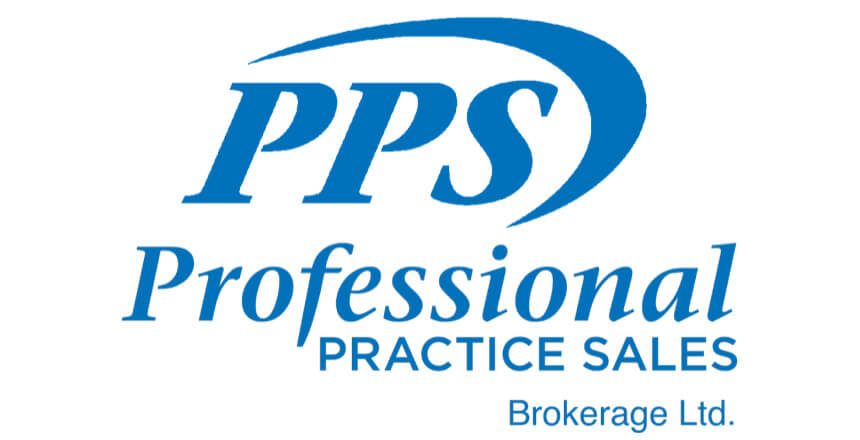
What do your patients think of you and dentists in general? I recently heard this from a client, “I had a patient in one day last year. Since I wasn’t very busy that afternoon, I re-presented a huge case to him. Although he wasn’t sure about moving forward, I finally convinced him that this procedure was a good idea, proceeded to complete the procedure, and I had a very profitable afternoon. That is what efficiency and case presentation skills are all about!”
By the way, I never saw that patient again. Anonymous Dentist.
Recently there was an awards night dinner where a semi-retired prosthodontist was honoured for an amazing 40+ year career. The dentist was smart, engaging, and gave a great speech. In his speech however he was very critical of the dental profession over the significant changes that have occurred during his career. He cited results from a recent IPSOS poll that confirmed that the public trust in dentists is at an all-time low, and near the bottom of the entire population! It seems the reasons are varied, but came down to the fact that more and more, dentists are being perceived as business people focused on billings instead of treating basic patient needs.
I am somewhat surprised by these facts, as I am typically very impressed by the quality of the dentists that I meet. I am very impressed with their honesty and how they seem to have a sincere interest in the care that they provide to their patients. But unfortunately the poll results indicate that there is room for improvement.
How did the evolution happen?
I think that one of the major reasons for the public trust issue is related to the increasing competitiveness of the profession. As you are aware, the percentage growth of the number of dentists in Canada grew by at almost three times the growth of our overall population. This increase in population is even more pronounced in urban areas, which means that patients are in high demand, and there are fewer patients per dentist. In addition, dental offices are forced to operate more efficiently to maximize the use of their resources.
As a result of fewer patients, dentists may feel the need to be more aggressive in treatment plans in order to generate more revenue. This aggressive nature may in fact be hurting their practice, and contributes to this poor reputation. It is well known that many patients leave their dentist because they felt they were being pushed into treatments. In some cases, treatment was accepted, but the patients felt remorse over being taken advantage of. In addition, we have had a stream of associates tell us that their employing dentists are pressuring them into finding extra treatment and procedures just to generate revenue.
We all understand that there are additional financial and competitive pressures today, but if the practice philosophy causes your patients to become less loyal and leave your practice, it is a problem. In addition, some patients may not leave, but they will not develop loyalty. Since over 70 per cent of new patients are from internal referrals, it is critical to retain as many loyal patients in the practice as possible. An unhappy patient who has not developed loyalty will certainly not be referring their friends or families to your practice, nor will they accept further treatment plans in the future.
We see many dental practice owners who are happy to report that they get over 20 new patients per month, but in reality aren’t growing. Why? They have also lost that many patients who weren’t satisfied with the practice. While most patients may leave the practice for legitimate reasons, this is an important statistic and this information should be collected and evaluated, as it represents honest and important feedback.
Based on an analysis of recent dental practice sales, we can tell you that high per patient billing practices typically do not realize extra value when the practice is sold. Based on recent sales, practices with billings of $800 per patient or more sell at a discount versus a similar practice with more conservative billings. Although the extra billings generate income, the value of the practice is moderated if the billings or procedures are not reproducible by market buyers. Furthermore, if an aggressive billing approach is causing patients to leave and not develop loyalty, the result is a reduction in practice value.
An approach to stay busy and to build more patient loyalty is to develop additional skills, technology and education that enables you to offer additional treatment when appropriate for your patient. This additional skill set may provide additional patient flow as it may be unique, and may provide a broader array of services to existing patients.
In terms of creating practice value, an approach that is proven is the development of a practice with strong hygiene, patient education, and preventative programs. I reviewed recent sales of similar larger practices and found that practices that had strong hygiene programs billing $200 per year or more per patient sold for approximately 20-25 per cent more than practices with hygiene billings of $175 per year per patient or less.
There is a fine line between case presentation and aggressive presentation, and in some cases, patients need that little push, because of legitimate oral health concerns. The overall message is that current market statistics prove that a conservative approach with an emphasis on prevention helps builds patient loyalty, adds more new patients, and builds sustainable practice value. One other fact about a conservative approach is that the work that you defer today because the patient wasn’t ready will still be available for you tomorrow or in the future.

